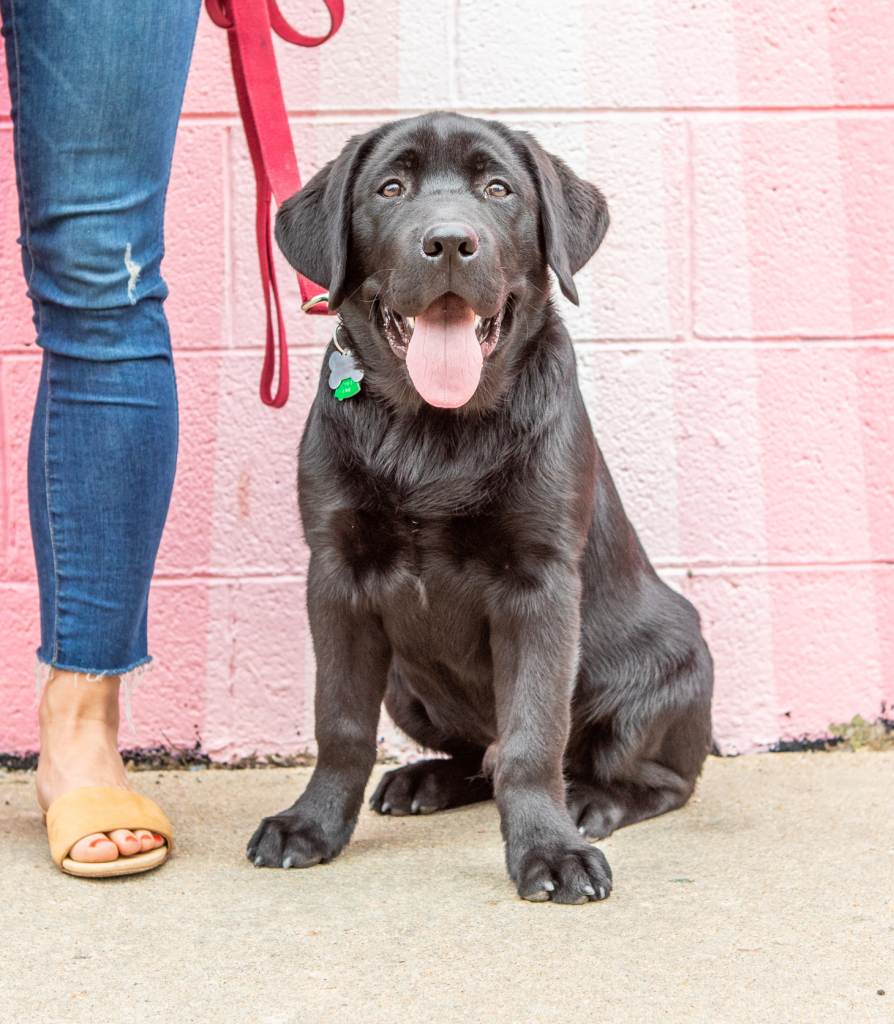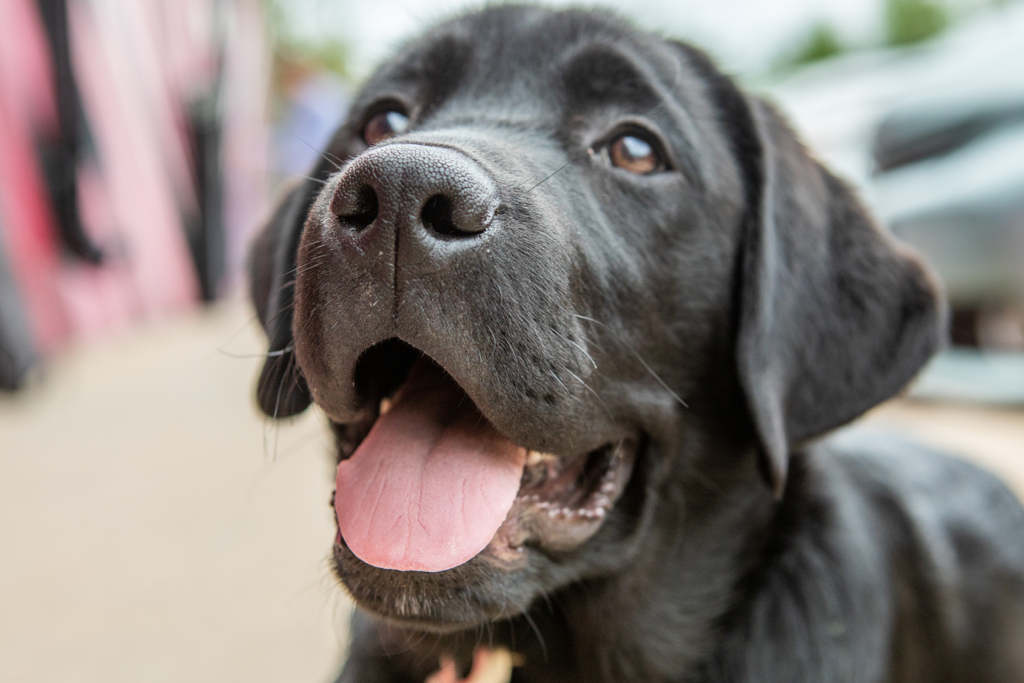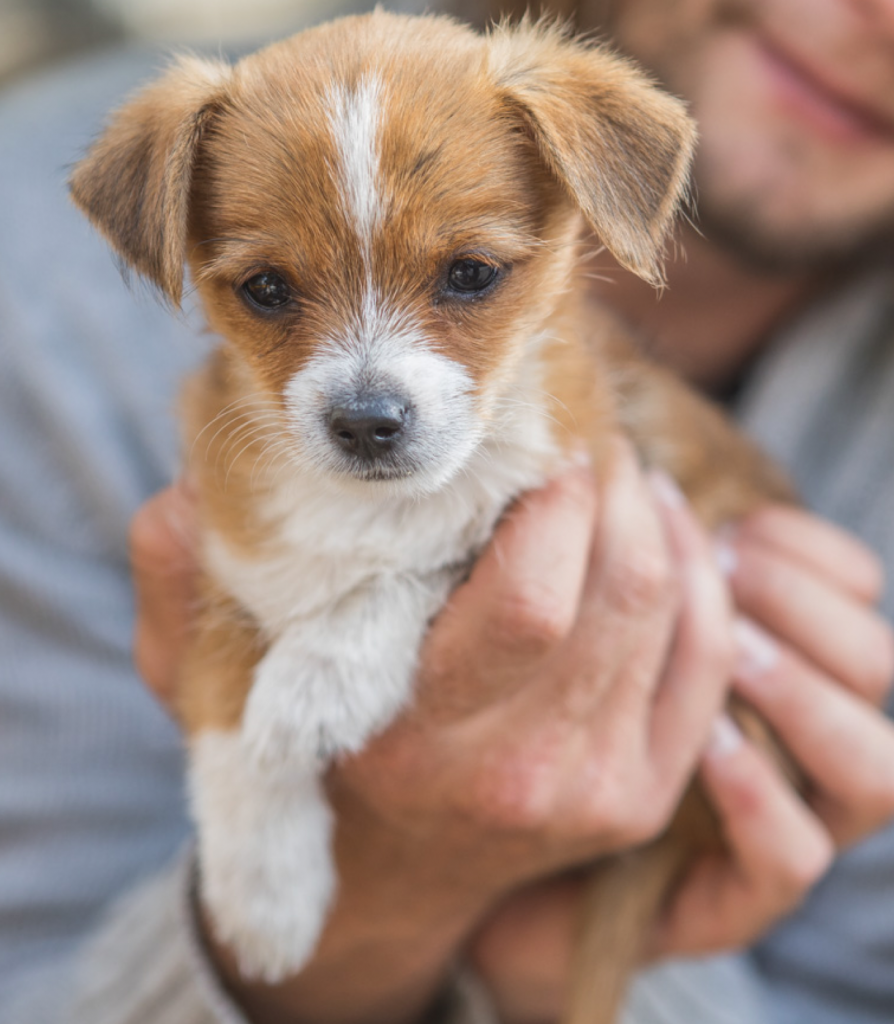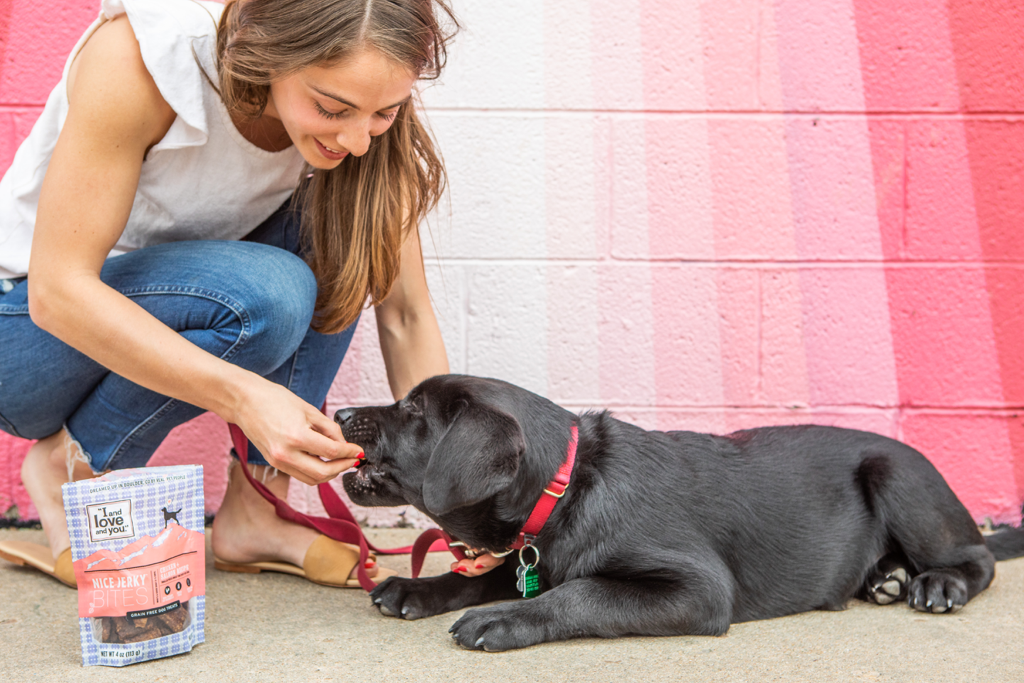What Should My Puppy Eat?
A new puppy is an exciting addition to the family, but along with that puppy comes many questions. One of the biggest questions pet parents have is what they should feed their new furry friend. A high-quality essential for your new puppy’s diet. A good kibble should contain vitamins, minerals, and digestive enzymes, which will all stimulate and contribute to a puppy’s healthy growth. A puppy food we here at PetFlow recommend is the Naked Essentials Grain Free Puppy Recipe by “I and love and you.”
Kibble or Wet Food?: The Pros and Cons
Another option for feeding your new puppy is wet food that comes in cans or pouches. Though canned food is often more expensive than kibble, many pet parents find that their pup prefers the flavor of canned food. If your pet is a picky eater, it may be worth trying out some canned food. Canned foods also contain less carbs and more protein than dry kibbles do. “I and Love and You” also makes a high quality canned food, with a large variety of flavors for picky pups, such as Gobble It Up Stew and the Lambarama Stew.
However, canned food is a more expensive feeding option than dry kibble. Kibble is more economical and convenient than canned food. Kibble also has greater benefits on your pup’s teeth and gums than canned food does. Kibble controls plaque by scraping against the dog’s teeth as they chew, creating a friction that helps reduce buildup on teeth.

The good news is that you do not have to pick between dry and wet food for your new puppy. Many pet parents predominantly feed kibble but still supplement their pet’s diet with canned food. If you do decide to feed your puppy both kibble and canned food, we highly recommend making sure that you do not go over your puppy’s caloric intake. While chubby puppies are adorable to look at, obesity can lead to many complications later in life, such as hip and joint issues. As long as your puppy isn’t going overboard on calories, mixing both wet and dry foods is an excellent way to get your puppy a complete and balanced diet!
How Often Should My Puppy Eat?
Your puppy should be fed more frequently the younger it is.The recommended amount for a young puppy is 3-4 times per day. As the puppy grows, or once the puppy is spayed/neutered, that amount will gradually be reduced. A puppy with a healthy weight should have a slender waistline, rather than being round.

Puppy Feeding Chart
How Much Should My Puppy Drink?
Like humans, it is very important for puppies to maintain proper hydration. Water should be available for the puppy at all times. It is even recommended to keep multiple water bowls during times of extreme heat. It is also important to wash the water bowls daily in order to prevent a bacteria buildup in the drinking water. On average, puppies should be drinking about one ounce of water per pound of body weight daily.

When Should My Puppy Eat?
A puppy might have slower or faster eating habits that may influence the feeding schedule, but it is advised that their meals get split up into three smaller meals a day. Once you figure out how much your puppy eats a day, you can split it up into the times that work for you and your dog. You can even base the meals off of your own schedule for breakfast, lunch, and dinner.
Should I Leave Food Out For My Puppy?
The only time it is recommended to leave food out for your puppy is if you are unavailable to provide a midday meal. Free-feeding can cause unhealthy eating habits in puppies, and can also affect their bowels, leading to increased challenges in potty training. It can also contribute to development issues with their immune and digestive systems.

Foods To Avoid:
⦁ Grapes and raisins
⦁ Onions
⦁ Macadamia nuts
⦁ Xylitol
⦁ Chocolate
How Long Should My Dog Stay On Puppy Food?
Typically, puppies start to move over to an adult or “all life stages” dog food between 12 months to 15 months of age. The product pages for foods will have the recommended amount to feed, but you can vary that depending on your pet’s own needs. If your dog tends to be on the lazier side, you can feed less, but if they have an active day, you can increase the amount of food. Illness and weather can also affect metabolism and appetite.
The important part is really knowing your puppy’s life stages and dietary needs, so you can cater the diet to what is best for them and for you. After all, just like humans, every puppy will have an individualized diet with their own needs. If you have any questions about your new puppy, please feel free to give our customer service team a call at 1-888-316-7297, or send over an email to help@petflow.com. Our PetFlow family is always here and happy to help!
